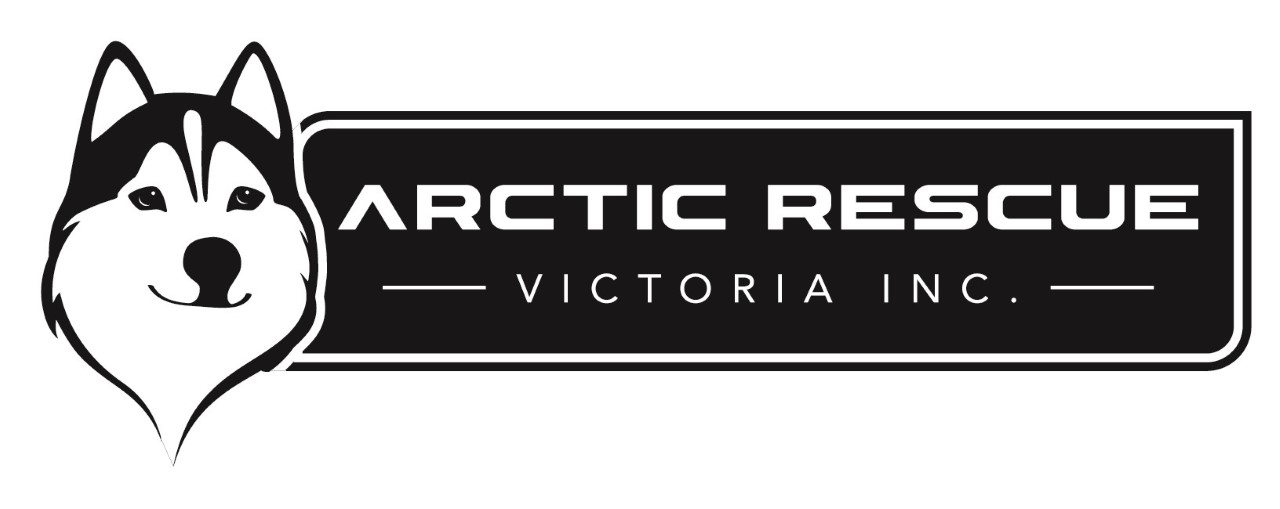The warmer weather is bringing out the snakes for summer with a number of people and dogs bitten already, some in suburban areas. Here are a few tips to help keep your dog safe from snakes:
- Keep them on a short lead
- Don’t walk your dog in bush or long grass
- Keep clear of areas around waterways, dams and lakes
- Stick to clear paths and walking tracks
- Do not let your dog stick their nose down holes, under rocks or logs
- Keep your yard tidy & clear of undergrowth
If you suspect your dog has been bitten by a snake, keeping your pet as still and calm as possible until reaching a veterinarian is critical to help reduce the movement of the venom from the bite site. Try to keep the bite site below the level of the heart. Call ahead to make sure your vet has anti-venom on hand.
Do not try to catch or kill the snake or you also might end up being bitten. Most vets will have a polyvalent anti-venom which will help neutralise the effect of the venom of most snakes that are encountered in Australia.
Common signs of snake bite include (but are not limited to):
- Weakness or severe lethargy
- Collapse (note: may be temporary and the dog may appear to recover)
- Shaking or twitching
- Dilated pupils or difficulty blinking
- Vomiting
- Loss of bladder or bowel control
- Blood in urine
- Ataxia (loss of function of body movements) which could be seen as difficulty walking
- Breathing difficulties (rapid and shallow)
- Excessive salivation (drooling)
- Bleeding from snake bite wound
- Paralysis
Not all dogs will show these symptoms, so if you are uncertain if your dog has been bitten, get your dog straight to the vet regardless. The vet can perform a simple blood coagulation test which can quickly determine if your dog has been bitten or not, and you are in the right place for immediate treatment if necessary.

